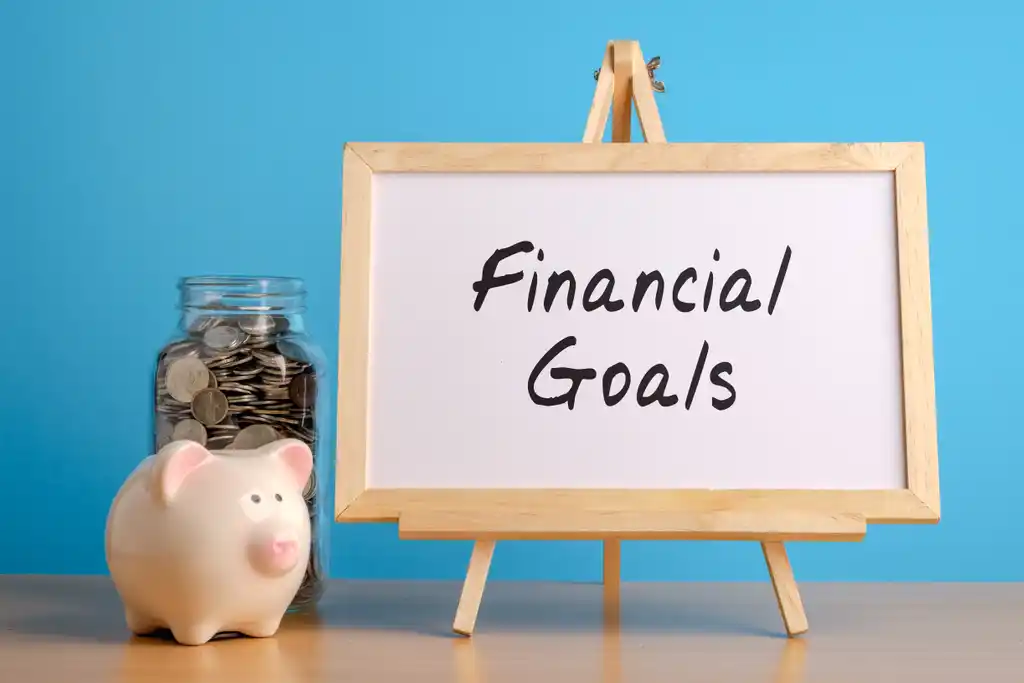Paying down debt and saving for retirement have a lot in common with starting a diet. They’re all something you plan on doing “tomorrow.” Except that there’s always another tomorrow when tomorrow rolls around. Much like a diet, financial responsibility is something you need to feel motivated to tackle. Otherwise, the first jelly donut (or spending temptation) you encounter will send all of your good intentions out the window.
It’s all well and good to say that you plan to save and pay down debt. It’s the mature thing to do, after all. But merely talking about the issue very rarely translates into concrete action. Sometimes, you need to play mind games with yourself in order to do the tough things you really want to do. It’s a bit unconventional, but it works!
Here are three unusual ways to motivate yourself to reach your financial goal. Hopefully some (or all) of these will help you reach your milestones sooner.
Tell Everyone
Money can be a touchy subject. So any financial talk is often avoided in social circles. But if you never tell anybody what your goals are, you’re only accountable to yourself. That makes it easy to rationalize a bad decision. On the other hand, if you tell all your friends, family, and acquaintances about your goals, you have a bit of an audience. This makes it much harder to make a bad decision. After all, you don’t want to be embarrassed in front of others when they ask about your progress.
How you go about telling everyone can also be a part of your motivation. Many a dieter or saver has found that blogging about the journey is incredibly motivating. Laying out your finances on the web for all to see not only gives you an audience, but it also provides you a place to celebrate your accomplishments, both big and small.
I know I’ve benefited from my blogging career at MoneyNing.com. Part of that success is my financial life is out in the open. If I make a bad decision, I can’t just shove it under the rug. My readers will see how I handle my finances.
I’m also more motivated to act fiscally responsible in person. After all, I would be a bit of a fraud if I’m constantly writing about what you should do with your finances, but then acting completely different offline. I know for sure that my mom, aunt, and other relatives and friends read what I write about. I don’t want them to worry. But I also don’t want to look bad.
Use Negative Reinforcement
Sometimes, you need to dread a bad consequence in order to motivate you. For example, in his book Drop Dead Healthy, A.J. Jacobs describes how he was having a hard time giving up a favorite unhealthy snack. So, he asked his wife to write a $1,000 check (of his money) to an organization he loathed. He told her to send the check to them if he ate even one more bite.
When you are trying to save money, donating money to a hated charity is obviously not the best idea. That’s why it could work really well. Knowing how that check could go out anytime is a huge motivator. Maybe it’s to controversial organizations like the NRA, GOP, Planned Parenthood, or The Satanic Temple (your politics are your own business).
Or Risk Your Time (Instead of Your Money)
You could also create a similar contract wherein you will volunteer at a charity you truly don’t believe in if you deviate from your financial path. Thinking about the time you will have to give up for something you dislike can be a huge motivator when temptations is calling. I imagine it would also be uncomfortable to be around people who are passionate about volunteering for the cause while all you can think of is how much of a scam the charity is.
I also really dislike eating celery. On the other hand, I know it’s very healthy for me. For some reason I just can’t deal with the taste at all. Eating big bites of it can even make my stomach feel funny. Betting myself something like having to eat a whole meal worth of celery sticks if I overspend my monthly budget would work really well. Just thinking about it sends shivers down my spine! It would definitely make me put my credit card back in my wallet.
The possibilities are endless, but you can tailor it to your individual tastes. What you hate may actually be what someone else loves. I know my wife loves celery sticks, so the same plan would work for me but not for her. What do you loathe? Start there to look for some ideas.
Act Like a Kid
Any parent will tell you that children are often motivated by rewards like sticker charts, toys, or candy. Why should adults be any different? When you are trying to change your habits, start by finding something little that you would love to do or have. A couple of dollars’ worth of stickers will surprisingly keep me on track if I use them to mark my progress toward a goal. Seeing progress is really motivating. Each sticker going up on the calendar is already enough for me to stay motivated. Could something similar work for you?
What about starting a small collection? What if you get to collect a small coin or stamp whenever you reach a mini savings goal? I bet the collection will be impressive after a few years of you reaching your goals.
Start thinking like a kid whenever you are attempting to reach your financial goals. What would have gotten you to give and perform a hated chore when you were little? Chances are, that reward will still give you a little thrill. When you use this kind of motivation, you get to indulge your inner child while you take care of your grown-up concerns.
The Bottom Line
Motivation is highly personal. What works for you (or me) might not work for someone else. The secret to financial motivation is to know yourself. Take a bit of time to figure out what gives you that fire in your heart. You could seriously jump start your progress without too much effort if you embrace these motivators. Paying off mounting debt or foregoing instant gratification in exchange for long-term spending can be hard. There’s no shame is doing a bit of personal mental gymnastics in order to motivate yourself into following your plan.
 Shutterstock
Shutterstock







